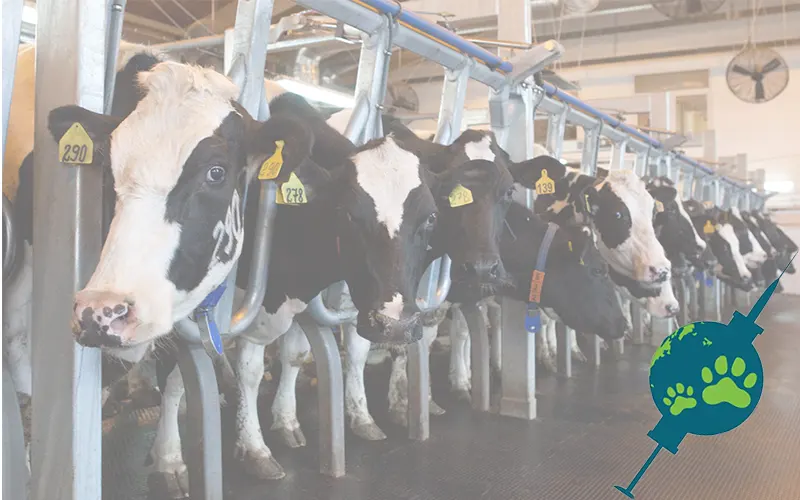In a rare medical case, a young farmer from Landhi was treated at Indus Hospital after being bitten by his cow a first-of-its-kind case reported in Pakistan, according to a study published in the International Journal of Infectious Diseases.
The 18-year-old farmer was feeding his cow when it bit him on the hand and thumb. Aware of the rabies risk, he immediately sought help at the Rabies Prevention and Training Center (RPTC) at Indus Hospital. The farmer’s injuries were serious and typically would require rabies immunoglobulin (RIG), a medication used alongside the rabies vaccine after exposure. However, doctors decided RIG was not needed in this case, as the farmer had been fully vaccinated against rabies four years earlier after a dog bite. He was given only booster vaccine doses to help his body produce protective antibodies.
The cow later began showing abnormal behavior and died within weeks. Villagers reported the animal had been bitten by a stray dog earlier.
The Dow University of Health Sciences was informed about the suspected rabid cow and dispatched a team to collect samples. The cow’s head was removed for laboratory testing, while the rest of the body was safely buried. Rabies was later confirmed through a positive PCR test conducted on the brain tissue.
Rabies is a deadly viral disease caused by the Lyssavirus, usually transmitted to humans through the bite of an infected animal—most often a dog. Without timely and proper treatment, it is 100% fatal.
Dr. Naseem Salahuddin, lead author of the study and head of infectious diseases at Indus Hospital, said rabies in livestock is not unusual, with past reports of infected cows, buffaloes, and donkeys. However, this is the first known case of a human being bitten by a rabid cow.
“This should be a wake-up call for authorities,” Dr. Salahuddin warned. “Rabies control in rural areas is essential, especially where livestock is a key source of income. When cattle die from rabies, farmers lose their livelihoods.”
Experts say rabies is widespread in Pakistan, especially in rural areas where medical care is limited. Most rabies cases are caused by dog bites, but livestock can also be infected through contact with rabid animals.
Rabies in cattle leads to heavy economic losses. In Pakistan, livestock makes up 37.5% of farm income and supports over 35 million people.
The study urges the government to improve surveillance, expand vaccination programs for both humans and animals, and equip emergency health centers with the necessary tools to combat this deadly but preventable disease.












